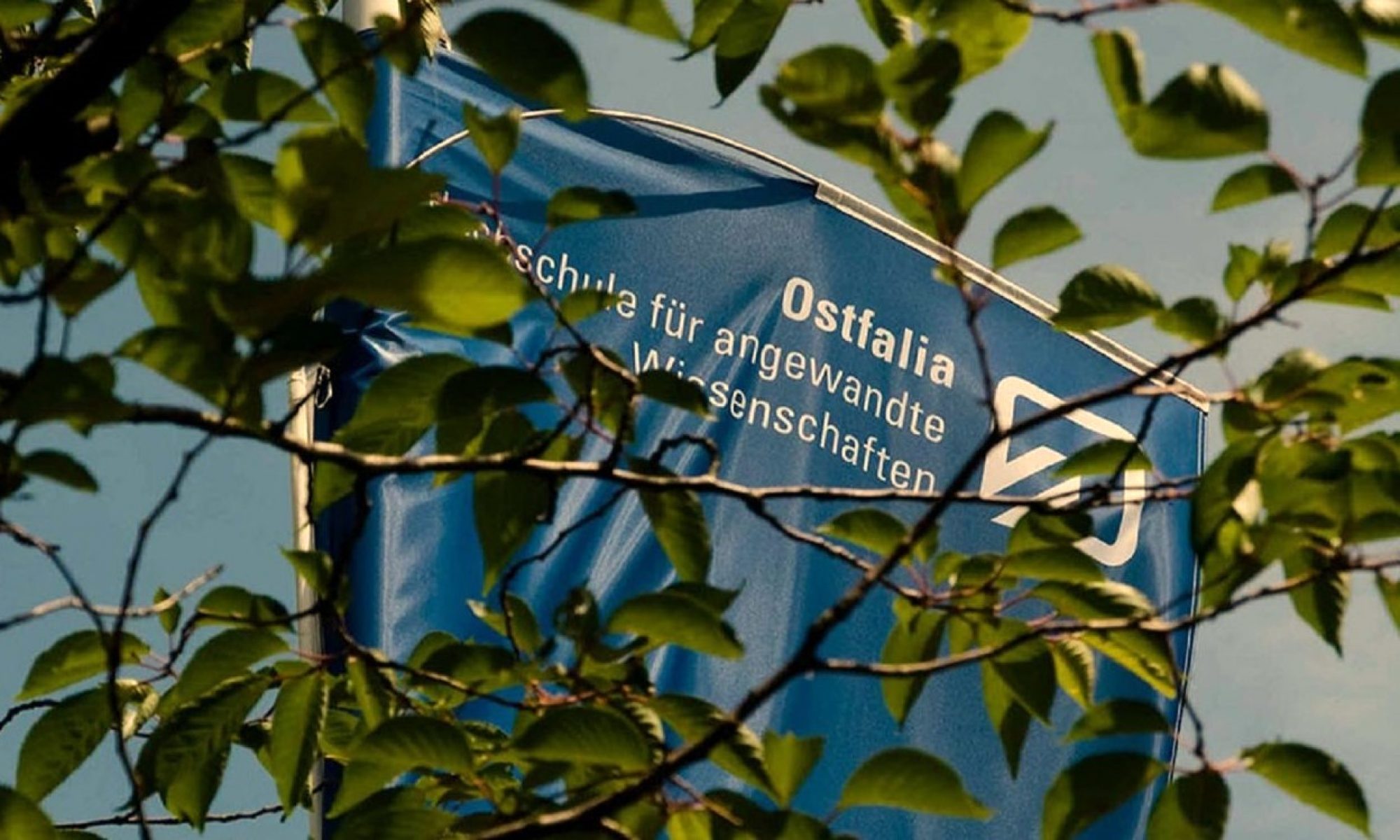Gabriela Stößel & Steffen Rasenat & Wiebke Hielscher & Klaus Beck
g.stoessel@hs-mannheim.de; s.rasenat@hs-mannheim.de; w.hielscher@hs-mannheim.de; k.beck@hs-mannheim.de;
Mannheim University of Applied Science,
Paul-Wittsack-Str. 10, 68163
Mannheim, Germany
Abstract
Many students start their technical studies with poor mathematical skills due to low admission requirements for technical higher education or due the long breaks between school and study. In order to close the gap between actual and necessary mathematical knowledge, we are offering a short refreshing school maths course before the first semester begins and a boost course for students during the first semester. We evaluated four post-pandemic semesters and had a look on possible impact of those interventions on the first-semester maths exam.
The refreshing course is one week long and is open to all new students. The boost semester course is mandatory for electrical engineering students who failed their placement test at the beginning of the semester, i.e. reached less than 50% point. Students, who obtained 50-75% of the points and therefore passed the test, are invited to participate in the boost course. This course takes place twice a week for 90 minutes throughout the entire semester. It covers typical school problems such as adding fractions, calculating terms, logarithms and trigonometric functions, using binomial formulas and power rules, solving equations and equations systems. We monitor the improvement in maths skills through written homework four times in the semester and a couple of unsupervised online quizzes, although frequent use of GenAI inclines us to supervised tests. Only students, who have passed every homework assignment are permitted to take the maths exam in the first semester. Regardless of the boost course, everyone must pass three tests in the maths course to be allowed to write the exam.
Students participating in the refreshing one-week course took more often part in the maths exam and pass this exam significantly more often than students who did not participate in it. Of the 63 students who passed the placement test (42%) 51 also passed the maths exam. Two failed and eight left the faculty. Out of 87 students, who failed the placement test, 67 successfully completed the boost course and 40 of them passed the exam. When comparing the maths exam results for the strongest group, who failed the test (40-50% plus volunteers), with those who just passed the test (50-60%), no differences could be found. We conclude that the first group shows the most interest in and benefits the most from the boost course.
Keywords
School mathematics deficits, placement test, boost course, GenAI in homework.
